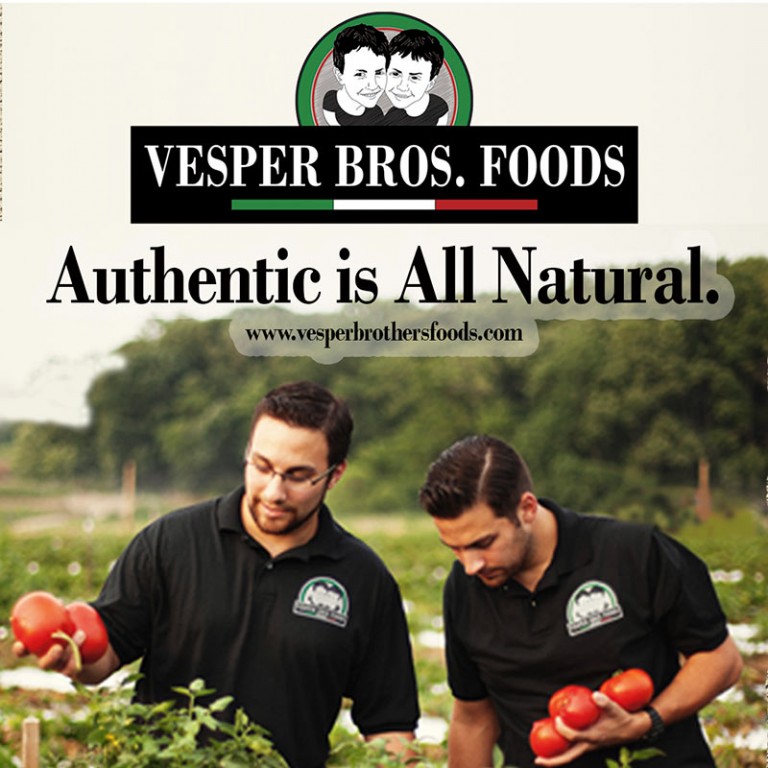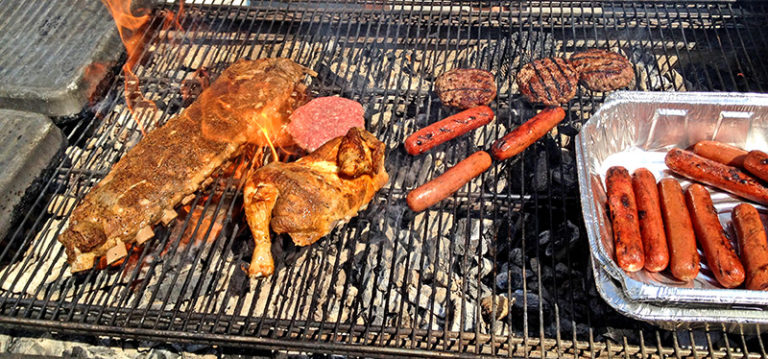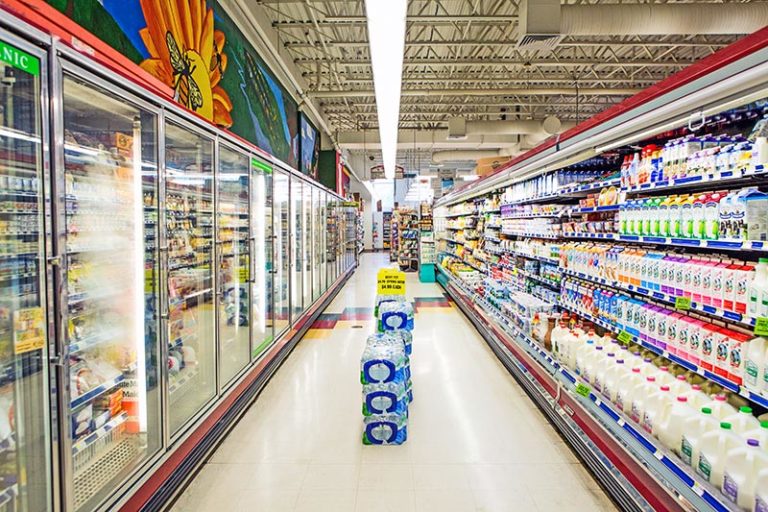Long before this pandemic interrupted our lives, the Co-op had begun considering changes to its Meat and Seafood Department. This department has long posed challenges with increasing operating costs, and it often operates at a financial loss. Consumer meat purchasing patterns have changed and volumes are declining. Interestingly, during the pandemic, we have offered more grab and go options for our meat, seafood, and deli departments—and have found that customers valued the convenience of self-serve. We now have the opportunity to do what’s needed to modify the Meat and Seafood Department model, and create a more financially secure operation that promises to serve our customers more effectively.
Advantages of Modifying the Current Meat and Seafood Business Model:
- Creation of more space for a customer-accessible, packaged meat section by reducing the current 20 foot full-service meat counter to 8 feet, and installing 12 feet of updated self-serve cases. These self-service cases will allow us a flexibility and cost efficiency we do not have now.
- Reduction of losses on unsold or expired meats by focusing on fresh-packed meats that can provide a longer shelf life for our meats — from 7 to 21 days depending on the product type.
- For example, since instituting prepackaged beef grinds (e.g. ground sirloin, or ground chuck) in late July of 2021, we have reduced average product waste from 10 pounds per day to almost none. We anticipate that the improved controls that prepacked meats will allow will eliminate up to 75% of our current product waste. That waste currently equates to nearly $1500 per month. (We are happy to report an actual increase in overall sales of our meat grinds category since the conversion.)
- Meeting the important need of increased labor efficiency throughout the store. In the case of meat and seafood, we will reallocate approximately 50 hours of current staffing from the meat department to the Deli in order to support its growth, as well as to other fresh food departments including both Produce and Specialty. As labor costs have surged, particularly in food retail, the Co-op is balancing the need to attract and retain capable, committed team members with handling the additional wage costs. Expensive over-the-counter service in departments such as meat and seafood with insufficient sales volume requires new thinking.
The Key Business Factors that have Led to Our Rethinking of this Department:
- The current meat counter service case houses more meat than our volume of actual meat sales can justify.
- This in turn results in the need to discard perishable, unsold food, and to spend unnecessary labor hours stocking and merchandising a case that’s simply too large.
- We need to effectively merchandise both over-the-counter and self-service meat items.
- The current 100% full-service design of our meat case often leads to slow service, and inefficient labor scheduling and associated labor dollars. Our shoppers are forced to wait at the full-service counter for items that could easily be made available as self-service items. We also need more self-serve space to merchandise new meat products, including the popular and burgeoning category of plant-based meat products.
- We are no longer able to meet USDA operating requirements for grinding meats in-house.
- There is an exhaustive list of government regulations and record-keeping requirements that have developed, and the Co-op team can no longer comply with all of the requirements given our existing staffing levels and limited administrative capabilities.
- Over-the-counter meat service is very labor intensive, difficult to staff effectively, and is not efficient at current market wage rates. These rates have seen a dramatic increase in the last two years (which we expect to continue into the future), as well as a dearth of available talent to fill positions. Additionally, the increasing insurance costs and other liability risks of continuing our in-house meat-cutting operations are becoming untenable. Finally, the significant cost to replace and maintain specialized meat-cutting equipment must be considered in light of decreasing sales.
Areas of Concern Co-op Shoppers/Owners May Have About the Changes:
- The selection of meat and seafood offered with the new department model.
- We will offer the exact product lines that we offer now – and we hope to be able to expand our meat offerings since packaged products will have a longer shelf life.
- Customer ability to special order specific meat products and premium cuts.
- We will have the same access to any cut of beef, lamb, pork, chicken or any other meat or poultry you request.
- The continued high-quality of meats offered for sale.
- The Co-op will sell the same products which will be procured from precisely the same vendor that we have used for years. The only difference is that our vendor will be handling the meat cutting and delivering it in vacuum sealed portion cuts, according to our specifications. We will also be able to request specifically sized cuts for those of you who appreciate having 3-inch-thick rib-eyes for the grill.
- What will happen to Meat and Seafood team members?
- All staff will be retained – some continuing in the modified meat department, and some reallocated within the store.
- Change in the unique Co-op model we now enjoy.
We enjoy our unique business model, however, the Co-op must also remain both a reasonable shopping experience, and financially viable with regard to how meats are sold. Most other grocery stores have reduced or eliminated over-the-counter service for meat due to the realities of constraints on shoppers’ time, market pressure on wage rates, and enhanced governmental food safety policy enforcement. The Co-op sells only a small fraction of the meat sold by most other grocery stores, and does not have the sales volume needed to cover the costs of full over-the-counter service, and in-house meat cutting and grinding. We do remain fully committed to offering a broad, high-quality selection of meat and seafood to Co-op customers, and continuing to be a unique asset to our community.
When will shoppers see these changes happen?
The installation of the new meat cases and transition to more self-serve packaged products will occur at the end of March or in early April over a two-day period. At the same time, we will also be replacing our Deli counter cases that have very little life left in them.
This is a change that, again, we do not undertake lightly. We dove deep to understand what the long-term ramifications of this change would be to the store, and to our shoppers. This store change has been in the works for more than four years at this point, and we feel confident that these modifications will help adapt and strengthen our Co-op for years to come.
If you have additional questions, comments or concerns please feel free to reach out to me directly.
In cooperation,
Mike Litka
General Manager
Swarthmore Co-op





